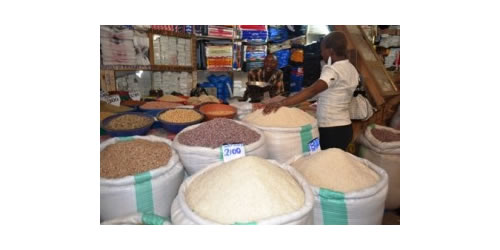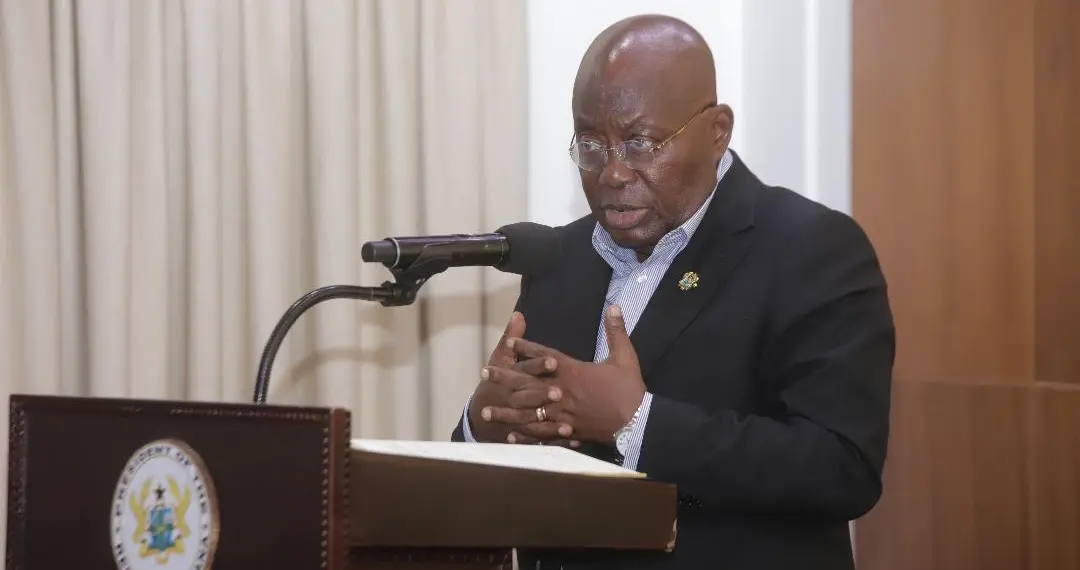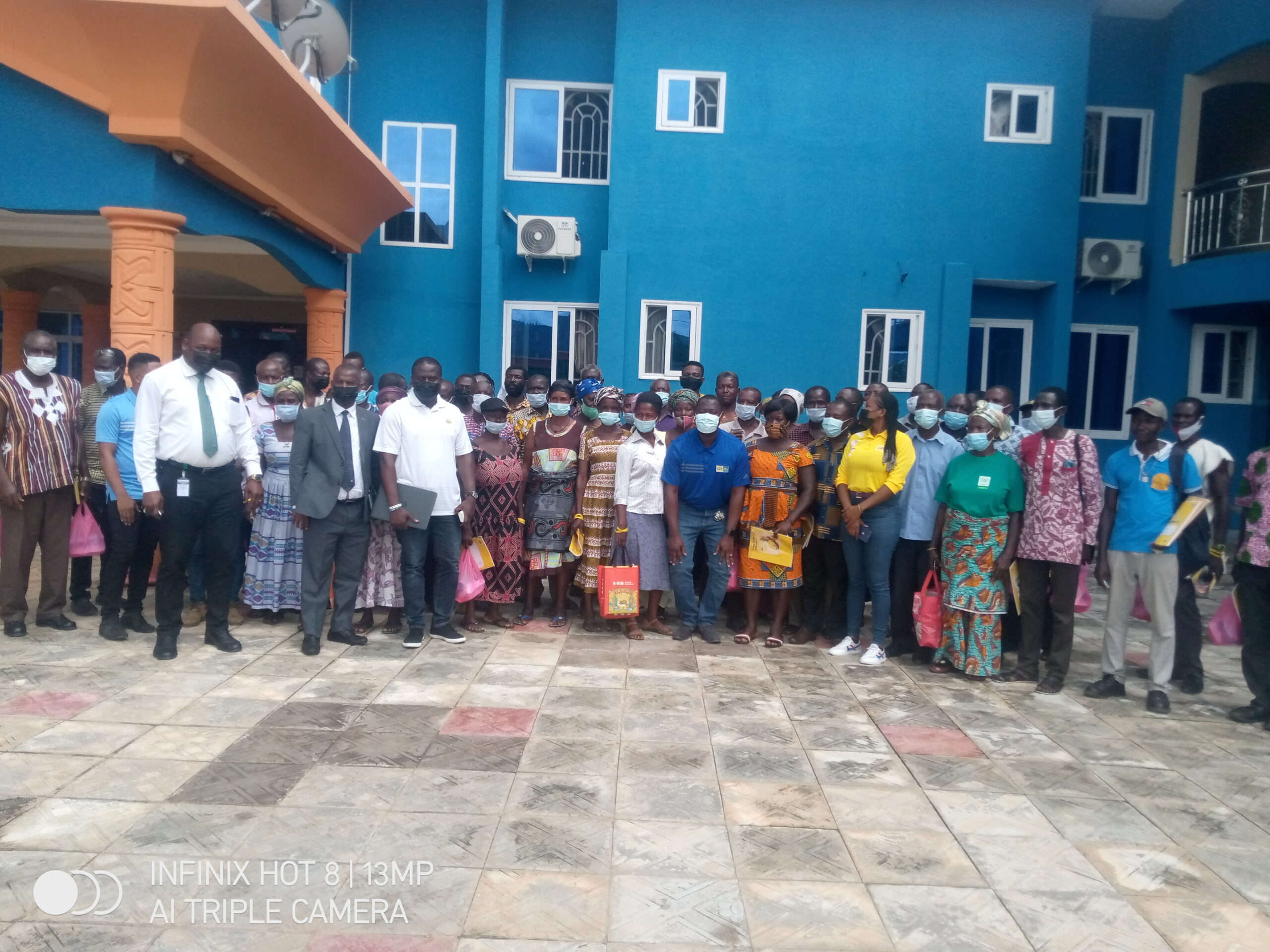WFP’s zero hunger project gains Canada support

The World Food Programme (WFP) has received a contribution of 20 million Canadian dollars (US$15 million) from Canada. The contribution would be used to implement a programme linking nutrition, agriculture and food processing, which would assist almost one million people over the next five years.
A statement issued by WFP Ghana, said Canada’s contribution would enable WFP to improve the nutritional status of 14,000 pregnant and nursing women, and 35,000 children.
It would also help boost the income of smallholder farmers in the Ashanti, Brong-Ahafo, Northern, Upper East and Upper West Regions.
It said there is an inter-connected approach in the new programme, “Enhanced Nutrition and Value Chain” (ENVAC).
The statement said the programme aims to promote sustainable agricultural production among smallholder farmers, who would supply industrial and community-level food processors with good quality staple crops to be processed into fortified nutritious foods.
It said efforts would be made to encourage the wider population, in particular women and children, to eat these foods in order to prevent malnutrition.
“Canada’s contribution is crucial as it has allowed us to be innovative and re-design our programmes to step up Ghana’s efforts to reach zero hunger, in line with Sustainable Development Goal Two,” said Magdalena Moshi, Officer in Charge, WFP Ghana.
“ENVAC is designed to help end hunger, by achieving food security, improving nutrition, and promoting sustainable agriculture, all within a single programme,” Moshi added.
“Canada is very pleased to be a major supporter of this programme. ENVAC takes a market-oriented approach to increasing food production and improving nutrition by linking smallholders to agro-processors, building capacity, and encouraging product promotion,” Canadian High Commissioner, Christopher Thornley said.
“This is consistent with Ghana’s emerging status as a middle-income country,” he added.
The statement said malnutrition still remains a challenge in areas like the Northern Region where one in three children is stunted and likely to suffer mental and physical damage.
It said anaemia among children is also very high, affecting four out of five children.
It explained that these issues could be addressed by placing more emphasis on programmes like the ENVAC, which prevents stunting and micronutrient deficiencies during the first 1,000 days of a child’s life.
Currently, WFP supports government institutions in carrying out activities such as school feeding, nutrition for vulnerable people, and resilience programmes which help communities build important assets such as small dams.
The Purchase for Progress (P4P) initiative is also active, helping to improve the lives of smallholder farmers.
WFP’s work in Ghana is funded mainly by the Canada and Japan.
Source: GNA



